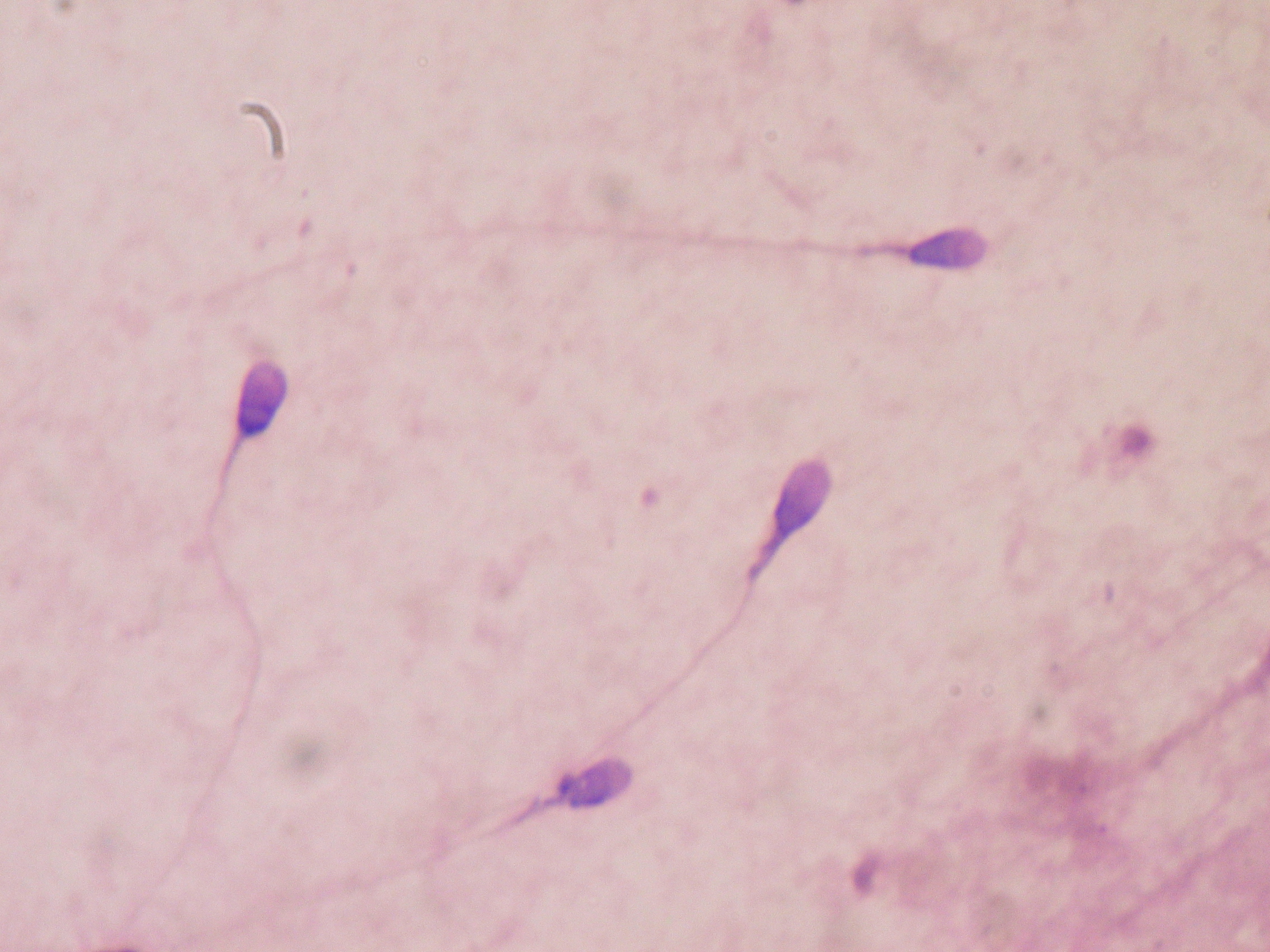Unexplained infertility
How to investigate unexplained infertility
Investigating unexplained infertility can be a complex process and may involve several scientific approaches.
Here are some of the common approaches that may be used to investigate unexplained infertility.
A comprehensive medical history & physical examination
A comprehensive medical history and physical examination of both the male and female partners can help identify any factors that may be contributing to infertility, such as previous surgeries, infections, or lifestyle habits.
Hormonal testing
Hormonal imbalances can contribute to infertility, so hormonal testing can be performed to evaluate levels of estrogen, progesterone, follicle-stimulating hormone (FSH), luteinizing hormone (LH), and thyroid-stimulating hormone (TSH).
Semen analysis
A semen analysis can be performed to evaluate the quantity and quality of sperm in the male partner.

Ovulation testing
Ovulation disorders can contribute to infertility, so ovulation testing can be performed to determine whether the female partner is ovulating regularly.
Hysterosalpingography
This imaging test involves injecting dye into the uterus and fallopian tubes to check for any blockages or abnormalities that may be preventing conception.

Laparoscopy
A minimally invasive surgical procedure can be performed to evaluate the reproductive organs and check for any abnormalities, such as endometriosis or adhesions.
Genetic testing
Genetic testing can be performed to evaluate for any genetic abnormalities that may be contributing to infertility.
Immunological testing
An abnormal immune response can also contribute to infertility. Testing for immunological factors such as anti-sperm antibodies, anti-thyroid antibodies, and anti-nuclear antibodies can help identify any autoimmune factors that may be contributing to infertility.
Investigating unexplained infertility requires a comprehensive evaluation that takes into account all possible underlying causes. Identifying the cause or causes of unexplained infertility is important in determining the most appropriate treatment options to help increase the chances of a successful pregnancy.
The myths of unexplained infertility
Separating fact from fiction
There are several myths and misconceptions surrounding unexplained infertility, which can be frustrating and distressing for couples.
Common myths about unexplained infertility
MYTH#1 – there is no solution
This is not true. Even though the cause of infertility is unknown, there are still assisted reproduction treatments that can improve the chances of conception, such as ovulation induction, IUI and IVF.
Additionally, if immune dysfunction is suspected as a contributing factor, an immune fertility specialist may recommend immune testing and treatment options such as immunosuppressive therapy, intravenous immunoglobulin (IVIG) therapy.
MYTH#2 – it is rare
This is also not true. Unexplained infertility accounts for approximately 20% of all infertility cases, making it one of the most common diagnoses.
MYTH#3 – it is caused by stress
While stress can have an impact on fertility, it is not the sole cause of unexplained infertility. In fact, many couples who experience unexplained infertility have no major sources of stress in their lives.
MYTH#4 – it is the woman’s fault
This is not true. Unexplained infertility is an equal opportunity condition that can be caused by a variety of factors, including male factor infertility, ovulatory dysfunction, and implantation failure.
MYTH#5 – it is a sign that a couple should give up
This is not true. Many couples with unexplained infertility go on to conceive naturally or with fertility treatments. It is important for couples to stay positive and seek out the help of a fertility specialist to explore all available options.
It is important to remember that unexplained infertility is a complex condition that can have multiple underlying causes.

Common truths about unexplained infertility
Unexplained infertility is a frustrating and often confusing diagnosis for couples who are trying to conceive. Whilst there is no one-size-fits-all answer to the causes of unexplained infertility here are some common truths:
TRUTH#1 – Unexplained infertility is common
Unexplained infertility is actually quite common, accounting for about 30% of all infertility cases.
TRUTH#2 – Age can play a role
Age can be a contributing factor to unexplained infertility. Women over 35 years old may experience a decline in egg quality and quantity, while men may experience a decline in sperm quality as they age.
TRUTH#3 – Lifestyle factors can have an impact
Lifestyle factors such as smoking, excessive alcohol consumption, and being overweight or underweight can all affect fertility and may be contributing factors to unexplained infertility.

TRUTH#4 – Emotional stress can be a factor
The stress and anxiety associated with trying to conceive can also be a contributing factor to unexplained infertility. However, it is important to note that emotional stress alone is unlikely to be the sole cause of infertility.
TRUTH#5 – Treatment options are available
While there is no specific medical cause for unexplained infertility, there are still treatment options available to help couples conceive. Fertility and immune treatments can be effective in helping couples achieve a successful pregnancy.
If you have any queries, please don’t hesitate to get in contact with us at Life Clinic so that we can answer your questions and offer medical support if required.
5 facts of unexplained infertility
Unexplained infertility is a term used when a couple has been trying to conceive for at least 12 months without success and all medical tests, including semen analysis, ovulation testing, and hysterosalpingogram (HSG), have come back normal.
Unexplained infertility is diagnosed when no medical reason can be found for a couple’s inability to conceive.
It is estimated that up to 20% of couples who are trying to conceive are diagnosed with unexplained infertility.
Unexplained infertility can be caused by a combination of factors, including ovulatory dysfunction, sperm abnormalities, implantation failure, immune dysfunction and issues with the uterus or fallopian tubes.
Age can be a contributing factor to unexplained infertility, as fertility declines with age for both men and women.
Unexplained infertility does not mean that a couple cannot conceive, but rather that they may need assisted reproduction treatments and immunotherapy treatment (in cases of immune-related infertility) to increase their chances of conception.
Patience and persistence are key. The process of trying to conceive can be emotionally challenging, but with the right support and resources, many couples are able to successfully overcome unexplained infertility and start a family.

About us
Life Clinic is an infertility, IVF and Gynaecological Clinic in Athens, Greece, with top success rates and specialisation in immunological disorders and unexplained infertility.
We offer IVF, Egg Donation, Embryo Donation, Egg freezing, PGD/PGS and extensive investigation, treatment and monitoring for the immunological disorders that affect fertility.
Life Clinic is lead by Dimitri Papanikolaou, Obstetrician Gynaecologist specialised in Reproductive Medicine and Reproductive Immunology.
